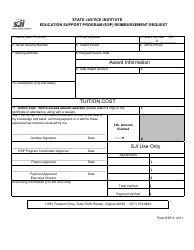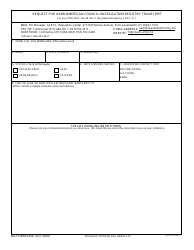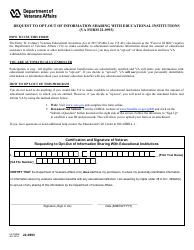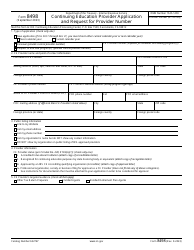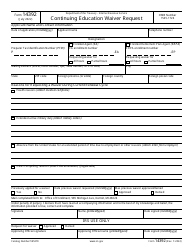Request for Special Education Due Process Hearing and Required Notice Model Form - New Mexico
Request for Required Notice Model Form is a legal document that was released by the New Mexico Public Education Department - a government authority operating within New Mexico.
FAQ
Q: What is a special education due process hearing?
A: A special education due process hearing is a formal legal proceeding to resolve disputes between parents and school districts regarding the educational rights of a student with disabilities.
Q: When can a parent request a special education due process hearing?
A: A parent can request a special education due process hearing when they believe that their child's educational rights under the Individuals with Disabilities Education Act (IDEA) are being violated.
Q: What is the purpose of the Required Notice Model Form in New Mexico?
A: The Required Notice Model Form in New Mexico is used to notify parents of their rights and procedural safeguards when it comes to the special education process.
Q: What should be included in a request for a special education due process hearing?
A: A request for a special education due process hearing should include the specific concerns or issues the parent has regarding their child's special education services, as well as any supporting documentation or evidence.
Q: Are there any time limits for filing a request for a special education due process hearing in New Mexico?
A: Yes, the request must be filed within two years of the date the parent or school district knew or should have known about the alleged violation of the child's educational rights.
Q: What happens after a request for a special education due process hearing is filed?
A: After a request for a special education due process hearing is filed, a resolution session or mediation may be scheduled to try and resolve the dispute. If the dispute is not resolved, a due process hearing will be scheduled.
Q: Can I represent myself in a special education due process hearing?
A: Yes, parents have the right to represent themselves in a special education due process hearing. However, they also have the option to be represented by an attorney or advocate.
Q: What happens after a special education due process hearing?
A: After a special education due process hearing, an impartial hearing officer will make a decision based on the evidence presented during the hearing. Either party can then appeal the decision to a state or federal court.
Q: What are the possible outcomes of a special education due process hearing?
A: The possible outcomes of a special education due process hearing include changes to the child's Individualized Education Program (IEP), compensatory services, reimbursement for private educational services, or other remedies as determined by the hearing officer.
Form Details:
- The latest edition currently provided by the New Mexico Public Education Department;
- Ready to use and print;
- Easy to customize;
- Compatible with most PDF-viewing applications;
- Fill out the form in our online filing application.
Download a printable version of the form by clicking the link below or browse more documents and templates provided by the New Mexico Public Education Department.












